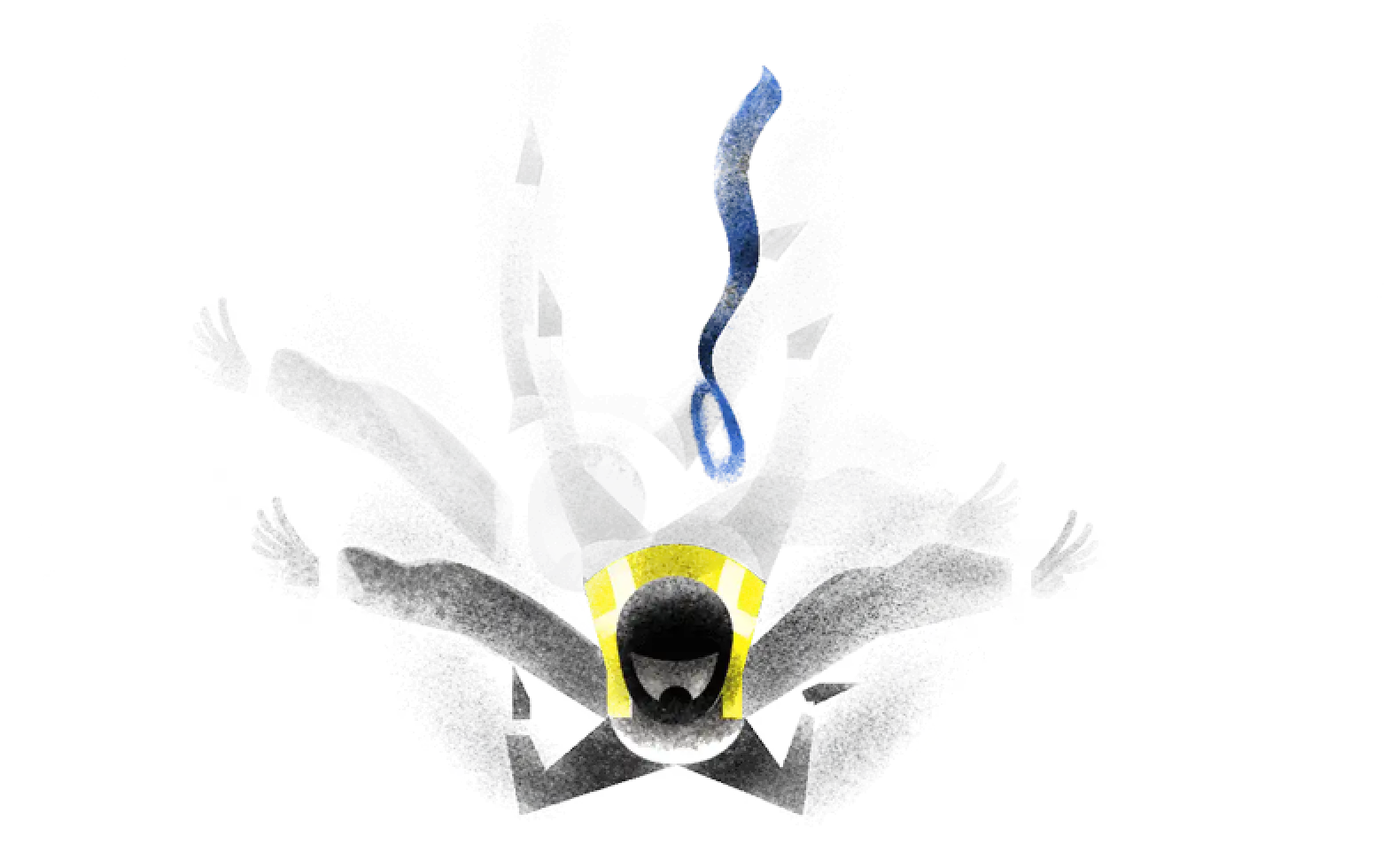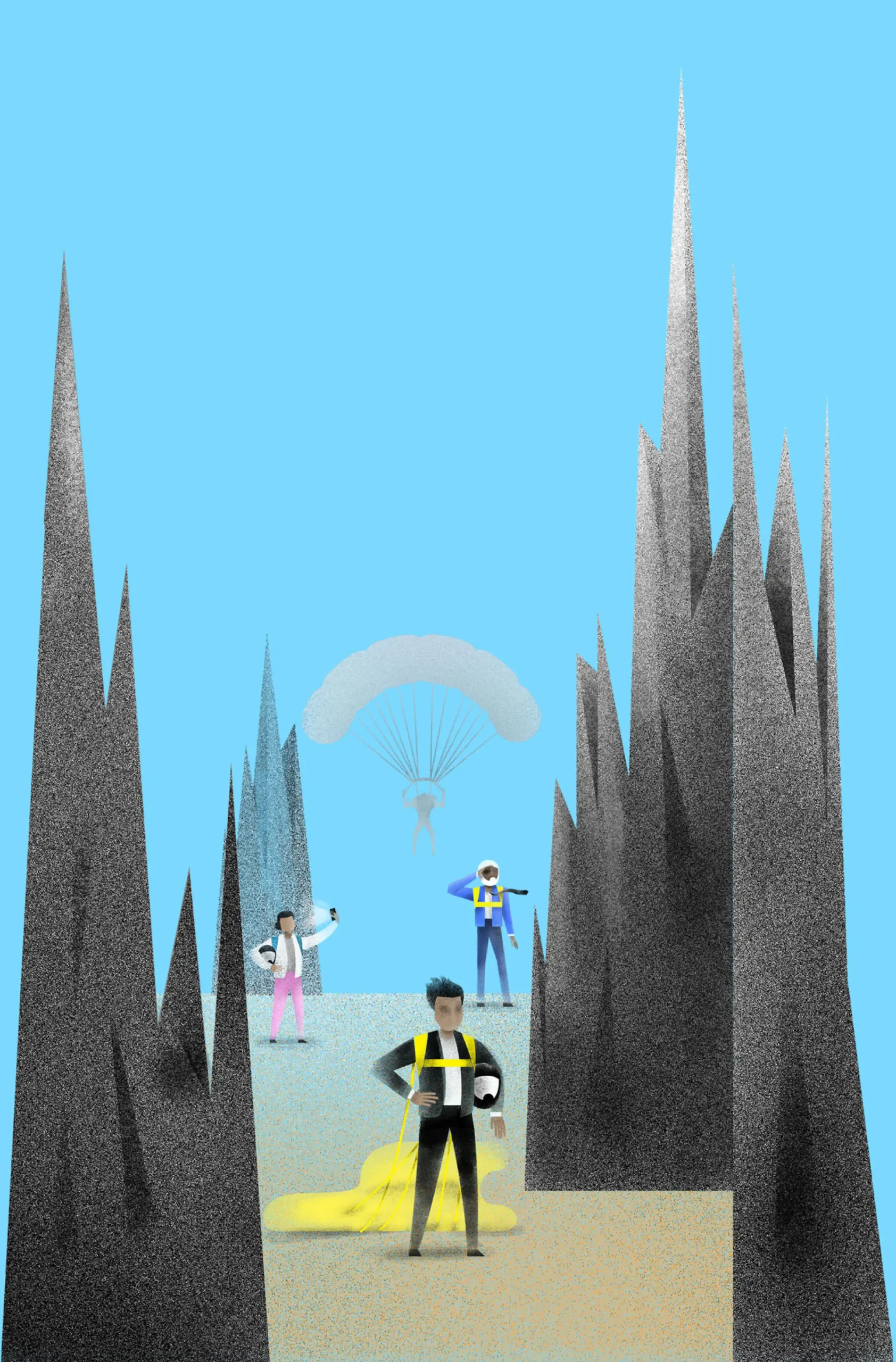BENGALURU:
You have hit on the perfect idea for a start-up, raised your seed round of funding, got it off the ground and watched it vault to the status of a unicorn, perhaps even a decacorn, a term used to describe a start-up with a valuation of at least $10 billion. Not an implausible scenario. After all, as of July 19, 2022, India was home to 105 unicorns with a collective valuation of $338.5 billion, according to the investindia.gov. in the website. The years 2021, 2020 and 2019 gave birth to 44, 11 and seven unicorns respectively, according to the site, which says “it’s raining unicorns” was the theme last year when a thriving digital payments ecosystem, large smartphone user base and digital-first business models combined to stoke a unicorn boom even as the pandemic raged.
Remember, though, that for every success story, the world’s third largest start-up ecosystem is littered with failures. Companies founded by ambitious entrepreneurs that showed early promise impressed angel investors or venture capitalists enough to raise seed or growth capital but got nowhere and disappeared. Maybe their timing was wrong, the market was not ready to accept their ideas or because of sheer bad luck. Shiladitya “Sunny” Ghosh, 46 years old, can tell you more than most about what can go wrong. He has been through the school of hard knocks more than once.
The About column of Ghosh’s LinkedIn profile reads: “I am a start-up guy, founded 3 companies – One right from college, one bootstrapped and another VC-backed. Drove three other product startups into the global market. Three of them were acquired, including one at $1.16Bn. Done $100 million in sales revenue, learning to build $100M+ ARR at a venture-backed pace. Failed miserably twice.”
ARR is short for annual recurring revenue.
The “miserable failures” Ghosh, an alumnus of B. N College of Science and IIM-Bangalore, is referring to are Collatebox, and The Empathy Network.
FactorDaily’s Pankaj Mishra recently caught up with Ghosh for a conversation, which took place at his gated community home in the southeast of Bengaluru.
Edited excerpts:

I was getting bored of the fact that every time I would go up the ladder in the boardroom, my ideas would get shunted because I was not the entrepreneur, I was not the guy who owned the company. It was not my money. It was not my blood and sweat. Even though I had put in so much to build those companies, to build the particular products, and take them out to the market. I was actually looking for an avenue, that this time I will do it for myself, this time I will do it my way, this time I will own the product, I will own the company.

“As a community, we are not equipped to address this issue. All people were hostile when he (Sunny) was in that mode. He didn’t have any clarity about what he was doing, no sense of doing what was right. What seemed to happen was that most people discarded him. Then, they came back when he got better. Friends, family, nobody was willing to help. Even the cops, and institutions, no one was ready to pick him up from the streets and rehabilitate him.”
Friend and co-founder of Collatebox. Vaz is now building his new start-up Pathfix.
_
Ralph Vaz

Deep inside an entrepreneur is someone who is very lonely, whose struggles are only known to him, whose hardships are only known to him. It’s like a ghost fight. You’re fighting with your own ghost every day, and you’re compromising and you’re winning over the ghost and you’re telling the ghost look what I did today, and so on, so forth. It’s not a struggle with the world, it’s a struggle that you have within yourself.

Sunny Ghosh

So recently a friend of mine here lost his mind because of his divorce. Every evening, for seven days, I went to his house, and I sat next to him and had tea with him and I just spoke to him. And that’s all I did. For seven days, I’ve done that. That every day at 7.30/7.45 in the evening, I went to his house, and I sat next to him because he doesn’t need anything but he needs a friend. He needs somebody who’s going to be a douchebag, whom he is going to open up and talk to. And somebody who just would absorb, not judge or comment on him. And trust me, seven days later, I asked him, will we go out for a drink one of these days? He says definitely, we will.
“There’s much to learn from Sunny’s entrepreneurial journey, including his hardships and resilience. While aiming to build rocketships and unicorns, the ecosystem sometimes forgets the role of founders in creating value. The founders, too, ignore their well-being at times. There are lessons from Sunny’s journey, and many more founders need to come forward, share.”
Founding Volunteer, SaaSBOOMi and Community Builder
_
Avinash Raghava

This journey of isolation, loneliness and then crawling back, it’s a journey that I hope most people don’t have to take. But for the guys who are in this condition, it’s a journey that they will have to take on their own and they have to decide whether they want to again go back and run or not. And then after a couple of months, you go into a treadmill, and you start running again. At that point in time, you become very confident saying that I can do that, not a problem. And I’ve done this several times, I’ll do it again, not a problem.

If you have developed a deep insight into a particular market, in a particular product, in a particular customer segment and so on, then it’s an absolutely wise decision to get into entrepreneurship, because you should be actually doing entrepreneurship. But again beware of entrepreneurship, beware of the fact that every entrepreneur’s life is not hunky-dory. It’s a very, very tough journey. You’re all alone, you and your shadow will be left out there. And you have to take a call every moment of your life, whether you took the right decision, or you took the wrong decision.
As for me going back to entrepreneurship, why not?












